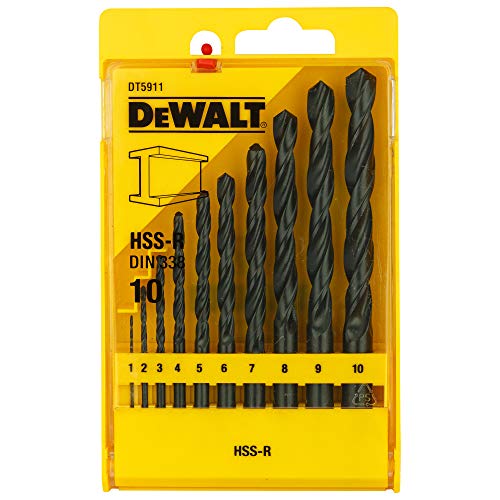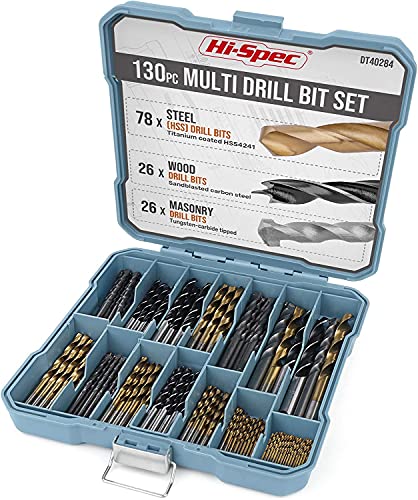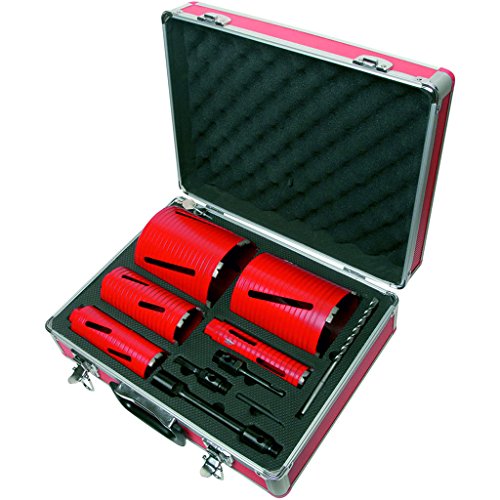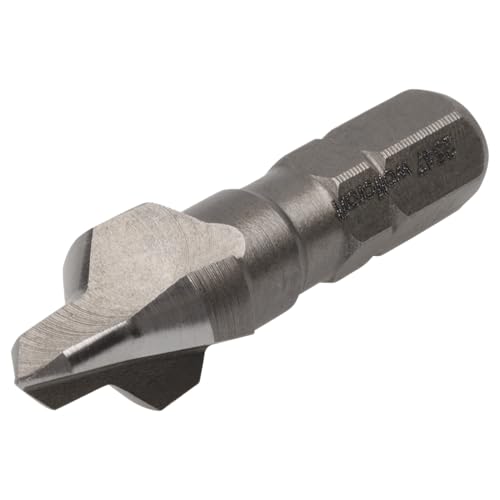Introduction to Metal Drill Bits: What You Need to Know
Understanding Metal Drill Bits
When we talk about metal drill bits, we’re diving into an essential component of any toolbox dedicated to metalworking projects. Unlike standard drill bits, metal drill bits are designed specifically to cut through tough materials like steel, aluminium, and other alloys. Their unique edge geometry and material composition allow them to tackle demanding jobs where regular drill bits would dull quickly or break entirely.
The Importance of Quality
Investing in high-quality metal drill bits can significantly affect the outcome of your projects. It’s not just about getting the job done; it’s also about precision and efficiency. Good quality bits will penetrate metal with ease, create clean holes without excessive burring, and offer longevity that saves you money in the long run.
Choosing the Right Type of Metal Drill Bit for Your Project
Material Matters
The first step in selecting metal drill bits is understanding the materials they’re made from. High-speed steel (HSS) bits are common for general metal working tasks due to their hardness and heat resistance. For tougher metals, cobalt or titanium-coated bits provide greater durability and performance. If your project involves stainless steel, opting for cobalt bits will enhance your drilling experience.
Bit Design Choices
Another key factor is the design of the bit itself. Twist drill bits are the traditional choice and work well for most applications, but if you need more specialized solutions, we can explore step bits or carbide-tipped bits. Step bits, useful for drilling various hole sizes, are perfect for thin materials, while carbide bits are best suited for hard metals, ensuring you make informed choices tailored to your specific needs.
How to Use Metal Drill Bits Effectively: Tips and Techniques
Prepping Your Metal Surface
Before you even start drilling, preparing your metal surface is crucial. We should ensure the area is clean and mark your drill point clearly. Using a centre punch gives you a precise starting point, which helps in preventing the drill bit from wandering while creating the hole.
Drilling Techniques That Work
When it comes to drilling techniques, maintaining a steady hand and applying slight pressure is essential for effective drilling. Slower drill speeds are often better, especially for harder metals, as they reduce the risk of overheating the bit. Additionally, using cutting fluid can significantly enhance the lifespan of your bits and improve cutting efficiency.
Maintaining Your Metal Drill Bits for Longevity and Performance
Care After Use
After you’ve completed your project, it’s important to clean your metal drill bits thoroughly. Chips and debris can cause dulling if left unaddressed, so we recommend wiping bits with a cloth and perhaps soaking them in soapy water to remove any stubborn material. Avoid using abrasive materials that may scratch the bit surface.
Proper Storage Solutions
Storage is equally important in prolonging the life of your bits. We suggest keeping them in a designated case or a magnetic strip to avoid damage and loss. Storing bits in their original packaging can also help protect their sharp edges from accidental contact with other tools.






























